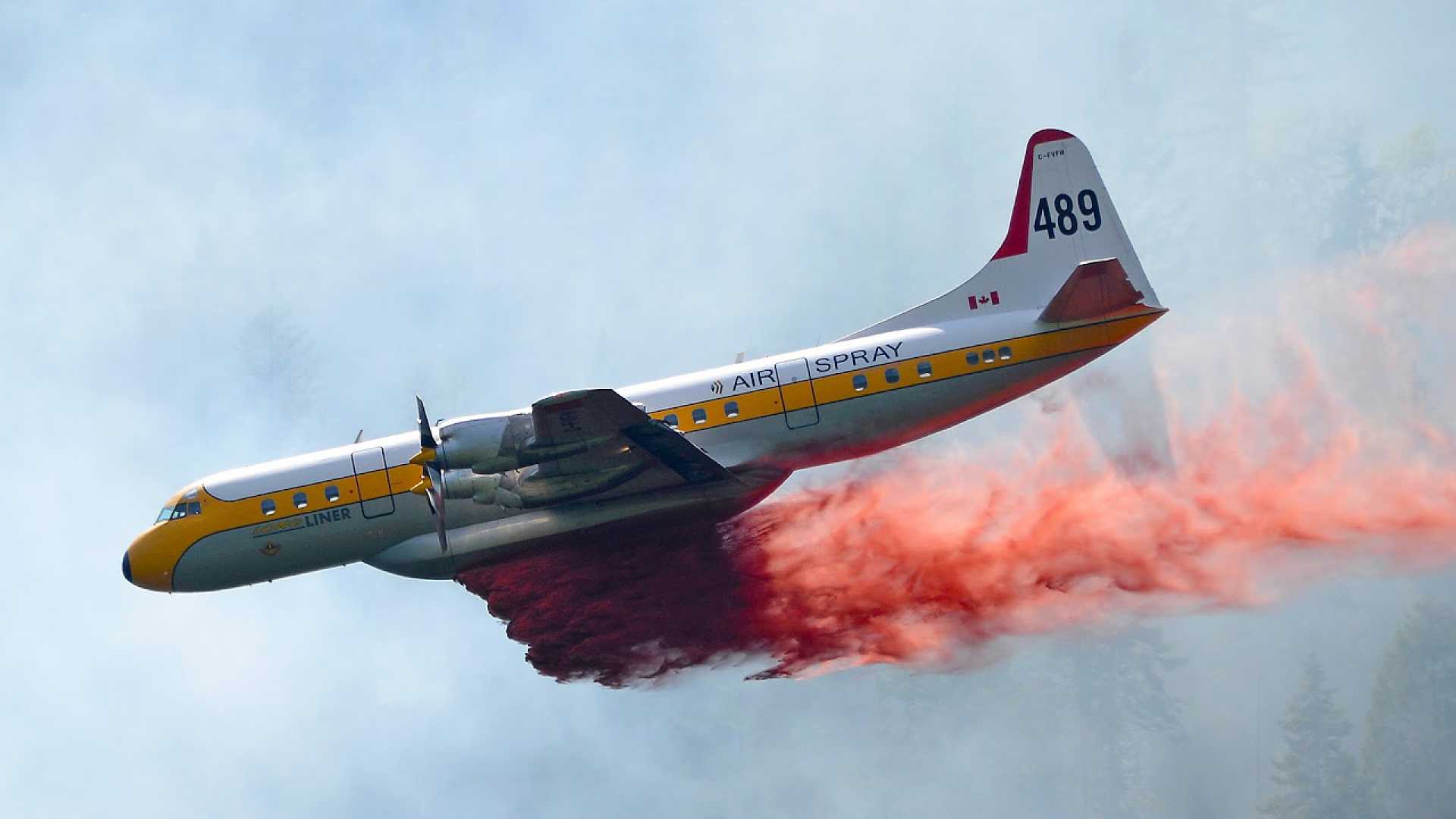News
White House Considers Controversial Wildfire Executive Order

Washington, D.C. — The White House is weighing an executive order that could significantly alter wildland firefighting standards, a move that state officials argue may jeopardize firefighters’ safety. The draft executive order, acquired by Politico and reviewed by The Spokesman-Review, seeks to relax fire regulatory policies and certifications required for firefighting.
If enacted, the order would eliminate numerous aerial firefighting inspection requirements, compelling wildfire agencies to adhere only to basic Federal Aviation Administration (FAA) standards for certified aircraft. Critics assert this change would lower the safety standards for aerial firefighting, allowing non-fire-certified planes into active fire zones.
The proposed modifications would notably remove requirements for lead planes, which are crucial for scouting fire zones and guiding larger tankers where to deposit fire retardant or water. Washington Commissioner of Public Lands Dave Upthegrove expressed his concerns, calling the draft order “dangerous” and “poorly written.” In a statement to The Spokesman-Review, he said, “The draft of the executive order we have seen dangerously reduces the safety of our communities and our wildland firefighters. State and local agencies make up 75% of wildland firefighting efforts.”
A White House official, responding to media reports, clarified that no executive orders are final until signed by President Trump. “The media should stop reporting on ‘drafts’ with unknown origins,” the official added.
The draft order, according to its text, aims to enhance firefighting responses “rapidly and aggressively,” intending to establish a national firefighting agency, particularly in response to the catastrophic Los Angeles fires earlier this year. Regular aircraft such as a Boeing 747, which are typically designed for passenger transport, could be modified to fulfill firefighting roles. However, such planes require stricter safety measures due to their original purpose, including more frequent inspections and specialized fittings, as noted by the Washington Department of Natural Resources (DNR).
Ryan Rodruck, a spokesperson for DNR, cautioned that the proposed easing of standards “unacceptably increases the risk to firefighters and communities.” Uprthegrove emphasized that failure to maintain safety protocols would eliminate essential protective measures for aerial firefighters.
The draft order acknowledges Washington among other states as facing ongoing wildfire challenges. However, Trump previously withheld federal wildfire funding from Washington, a decision linked to his strained relationship with former Governor Jay Inslee. In 2021, Trump denied federal assistance to the town of Malden after it suffered significant fire damage.
Despite Washington’s mention in the draft order, the state was not consulted regarding changes to its wildfire response tactics or aircraft. Upthegrove described the lack of communication as “unacceptable.”
Implementation of the draft order would require rapid adaptation from fire departments and public land agencies as it proposes the formation of a national firefighting agency while dismantling the existing Wildland Fire Leadership Council, which has represented diverse governmental entities since its establishment in 2002.
Rodruck explained that the proposed changes might lead to jurisdictional confusion, stating, “This confusion compromises the safety of our firefighters and our neighbors.”
As Washington approaches its annual fire season, conditions have become more conducive to wildfires, resulting in longer fire seasons fueled by hotter, drier summers. The Oregon Road and Gray fires of August 2023 were among the most destructive in state history, consuming over 21,000 acres and destroying more than 300 homes.
Following these devastating fires, Washington has increased its fleet to 44 firefighting planes. Legislative changes enabling firefighters to contact an interagency dispatch center directly for aircraft requests have improved response times in wildfire situations, according to previous reporting.
The draft order also suggests prioritizing American firefighting resources over foreign assistance, which could lead to turning away support from nations like Canada that have previously aided in firefighting efforts.
Rodruck concluded, “This EO has the potential to shift responsibility for fires to private entities more interested in their corporate bottom line than the lives of the people wildfire impacts. The last thing we should do is make wildland firefighting less safe, but that’s exactly what this order, as currently written, will do.”












